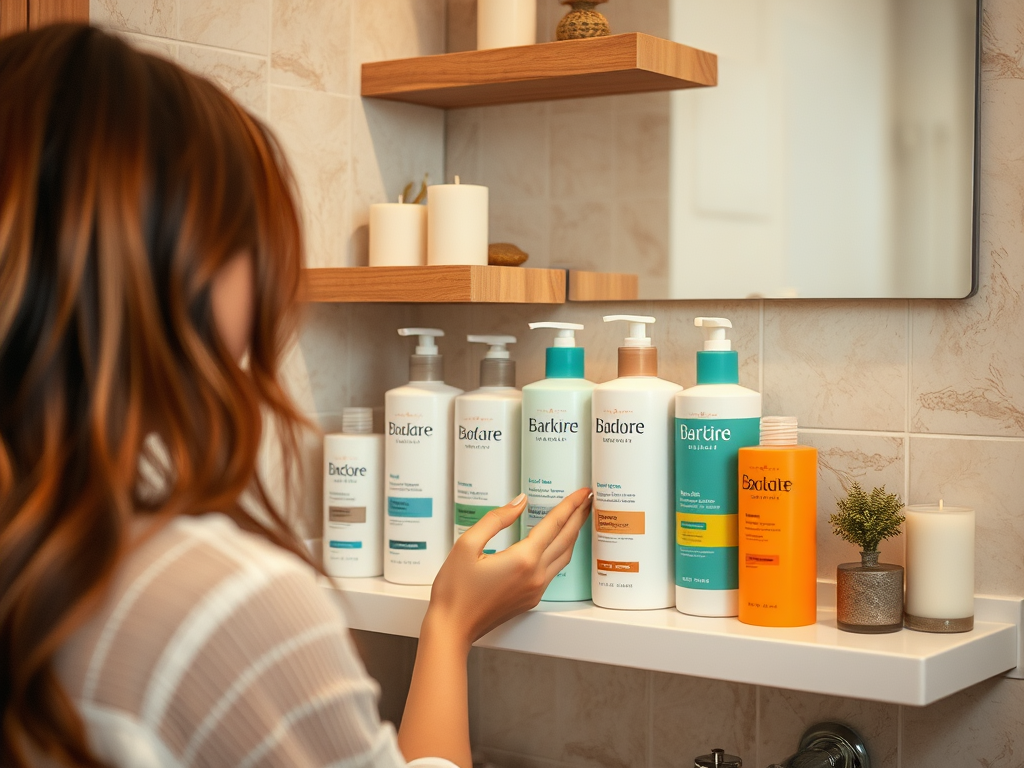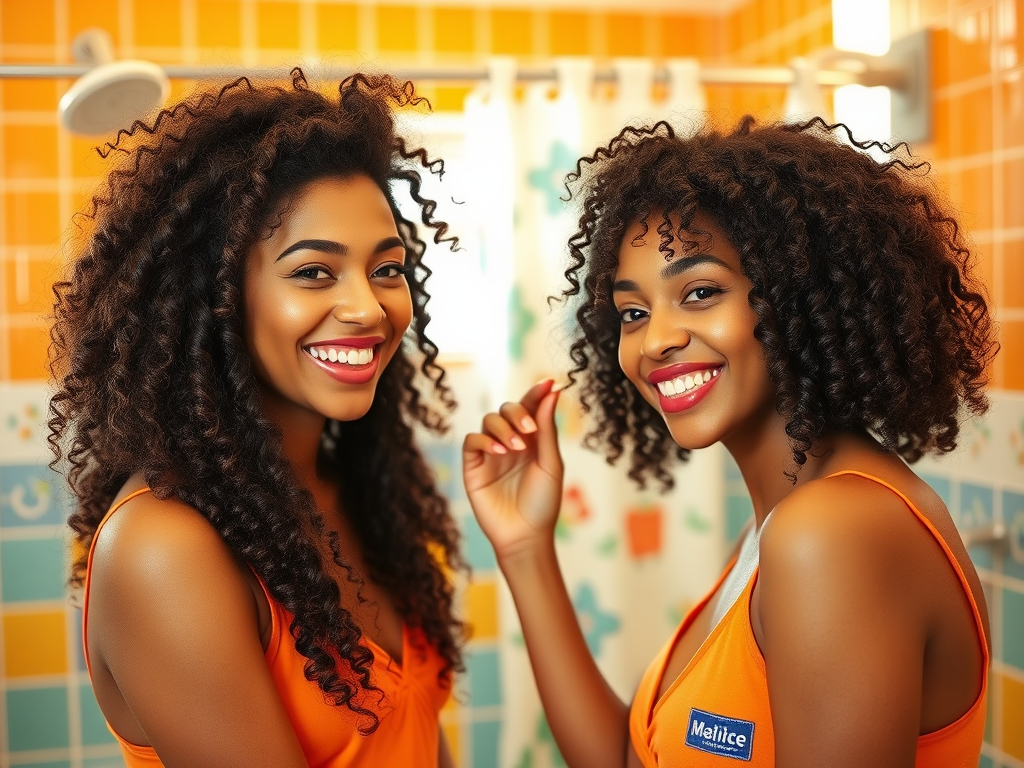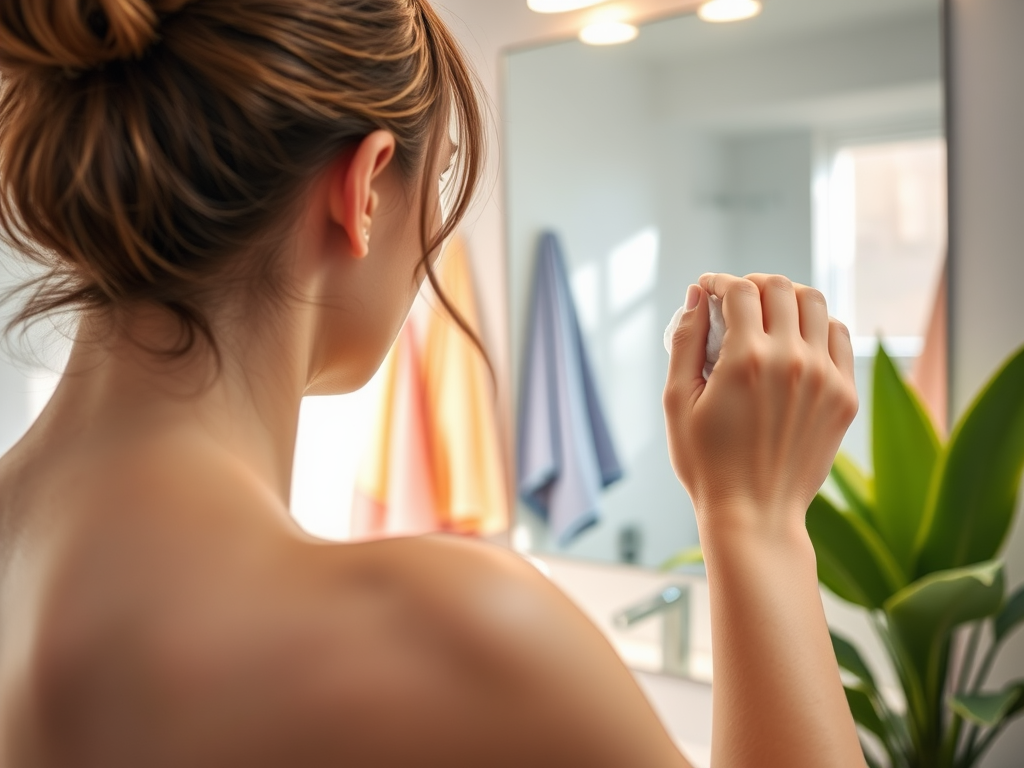In the ever-evolving world of hair care, one question seems to surface time and again: Should you apply conditioner to your scalp? This debate sparks the interest of many, from the casual hair care enthusiast to people who meticulously follow hair care regimens. The perceived benefits of conditioning scalp skin can be enticing, but is it truly the best approach to achieving healthier hair? Let’s venture into the intricacies of conditioners, demystify prevailing myths, and explore the right techniques to ensure your hair remains radiant and strong.
Conditioners play a significant role in our hair care routines, promising shiny locks and manageable tresses. However, as we navigate through the myriad of products available, it’s essential to understand their intended use. By taking a closer look at how these products work, we can better determine the potential effects of applying them directly onto the scalp. This article will help clarify when and how to condition your hair while addressing the critical question of scalp application.
Understanding Conditioner and its Purpose

Conditioners are formulated to enhance hair texture, providing essential moisture and protection against environmental damage. They typically come in various forms tailored to meet different hair needs, including typical rinse-out products, leave-in variants, and deep conditioning treatments. While the primary purpose remains the same—hydrating the hair—each type brings unique properties that can aid in achieving a healthy mane. For instance, rinse-out conditioners immediately smooth and detangle hair, while leave-in options provide ongoing moisture throughout the day.
- Rinse-out Conditioners: Used post-shampooing and typically rinsed out for immediate hydration.
- Leave-in Conditioners: Designed to be applied to damp hair, providing continuous moisture and protection.
- Deep Conditioners: Ideal for intense treatment, requiring a more extended application time for beneficial effects.
The Myth of Applying Conditioner on the Scalp

There’s a widespread notion that applying conditioner directly onto the scalp can bolster hair health, but this belief often lacks scientific backing. While some might assume that more moisture means better hair, the results can be quite the opposite. In fact, applying traditional conditioners to the scalp might lead to issues such as an oily appearance or even fungal irritation. Understanding why this myth persists can lead to a more informed and beneficial hair care regimen.
- Oily Hair Concerns: Applying conditioner on the scalp can weigh hair down.
- Product Buildup: Using conditioner on the scalp may result in buildup, which can irritate the scalp.
- Clogging Hair Follicles: The application could potentially lead to blocked follicles and hinder healthy growth.
When It Might Be Beneficial to Condition the Scalp
While conditioning the scalp is generally cautious, certain conditions warrant a different approach. For individuals facing dry scalp issues or scalp conditions such as eczema, specific lightweight treatments can actually provide much-needed moisture. On the other hand, individuals with curly or textured hair may find strategic application beneficial, fostering a healthy environment for hair growth. Proper understanding of these situations is crucial to reaping the potential benefits without introducing additional problems.
- Dry Scalp Issues: Opt for lightweight oils that can hydrate without clogging pores.
- Curly or Textured Hair: These textures often thrive with foundational moisture that can extend to the scalp.
- Color-Treated Hair: Consider conditioners specifically designed for color treatment, which can balance moisture and maintain color vibrancy.
| Conditioner Type | Usage | Best For |
|---|---|---|
| Rinse-out | Used after shampooing | Standard hydration |
| Leave-in | Applied on damp hair | Continuous hydration |
| Deep conditioner | Used for extended time | Intensive treatment |
The Right Way to Use Conditioner
Knowing how to correctly apply conditioner can dramatically change your hair’s health. It’s always best to focus the product primarily on the mid-lengths and ends of your hair rather than on the scalp. This method prevents the buildup associated with unwanted oiliness and maintains a clean, healthy scalp environment. For those who prefer leave-in conditioners, applying them gently while avoiding the scalp will still provide necessary hydration to your hair without risking any negative effects.
- Focus on the Ends: Always apply conditioner from mid-length towards the ends of your hair.
- Leave-In Method: Use sparingly and ensure to keep the product away from your scalp.
- Detangling: Use a wide-tooth comb post-application for even distribution of the conditioner.
Signs of Improper Conditioning
Recognizing the signs of improper conditioning is essential for tailoring your hair care routine. If hair feels excessively greasy after washing or if flakes and irritation occur, it may indicate that conditioner is not being used effectively. Such symptoms not only impact the overall appearance of your hair but could signify deeper issues affecting scalp health. Monitoring these signs will help you adjust your approach and ensure a more optimal hair care experience.
- Increased Oiliness: Hair appears greasy, even after washing.
- Flaking or Itching: Irregularities like dandruff or scalp discomfort can arise.
- Loss of Volume: Hair lacks bounce, feeling flat and lifeless.
Conclusion
Ultimately, when it comes to conditioner and scalp application, moderation is the key. While you may be inclined to apply conditioner directly to your scalp, understanding the repercussions can guide you toward a healthier hair care regimen. Prioritizing conditioning primarily on the hair strands ensures that you maintain beautiful, vibrant hair free from unwanted issues. As you navigate through your hair care routine, remember that knowing your hair type and specific needs can play a significant role in achieving your desired look.
Frequently Asked Questions
- Can I put conditioner on my scalp if I have dandruff? Applying heavy conditioners may worsen dandruff; however, lightweight, moisturizing treatments can sometimes help hydrate a dry scalp.
- What if I have curly hair? Curly hair can benefit from moisture; you may apply lighter conditioners to your scalp, but be cautious of product buildup.
- How can I prevent product buildup on my scalp? Ensure thorough rinsing of conditioner, and consider using clarifying shampoos periodically to remove buildup.
- Are there any scalp-specific conditioners? Yes, some products are designed specifically for scalp treatment to address dryness or irritation without heavy build-up.
- Should I always use a conditioner after shampooing? Most hair types benefit from conditioning after shampooing, but adjust based on your specific hair needs and type.
